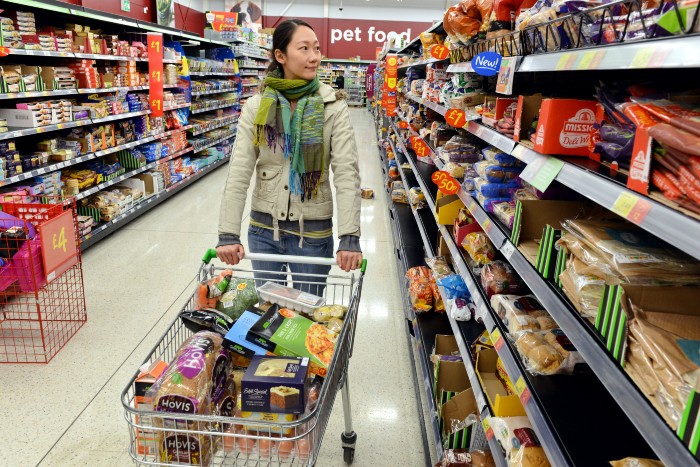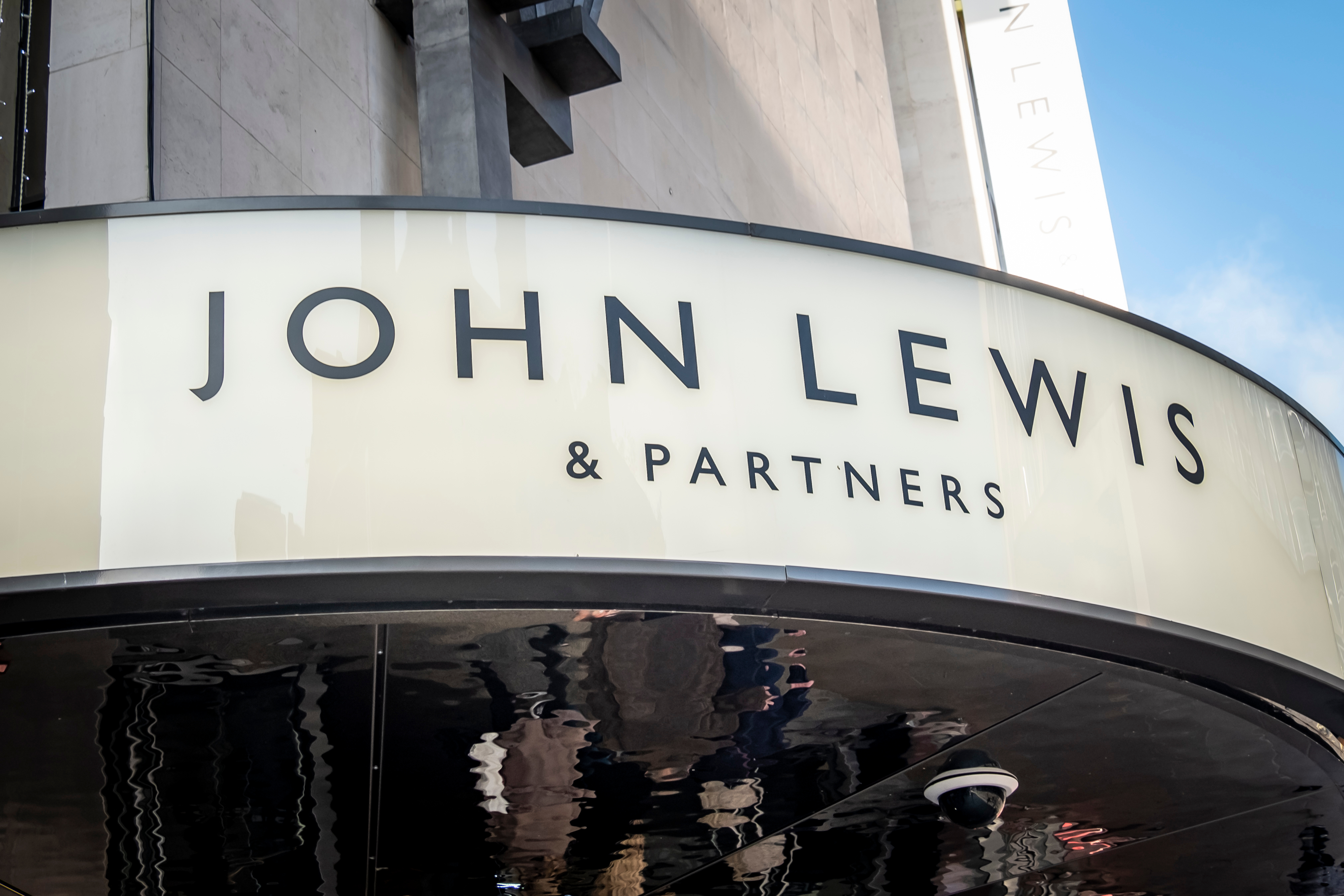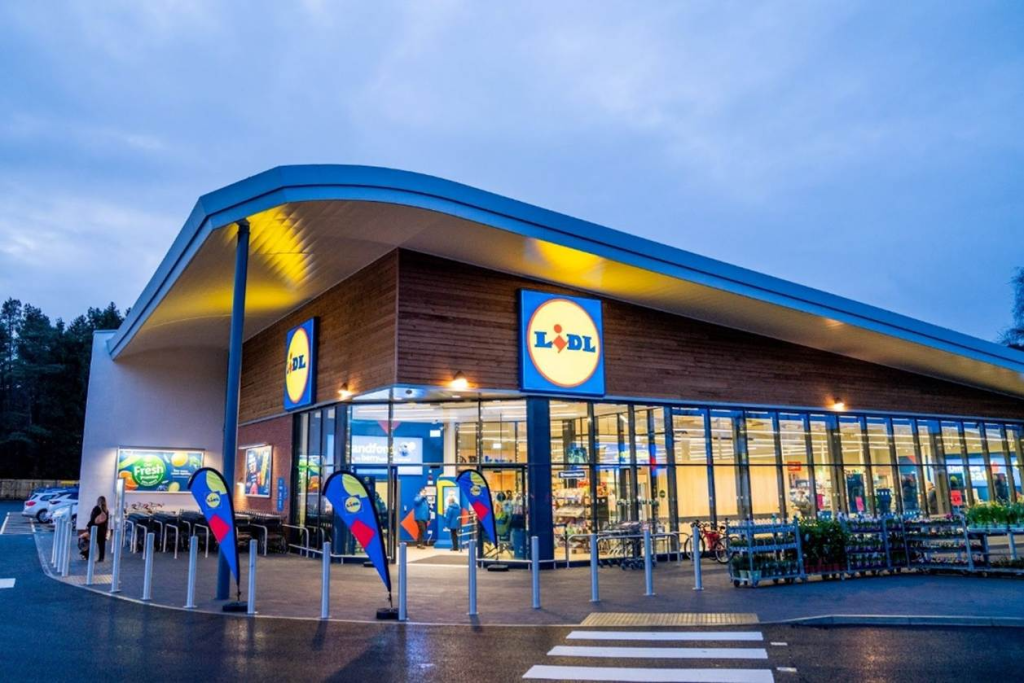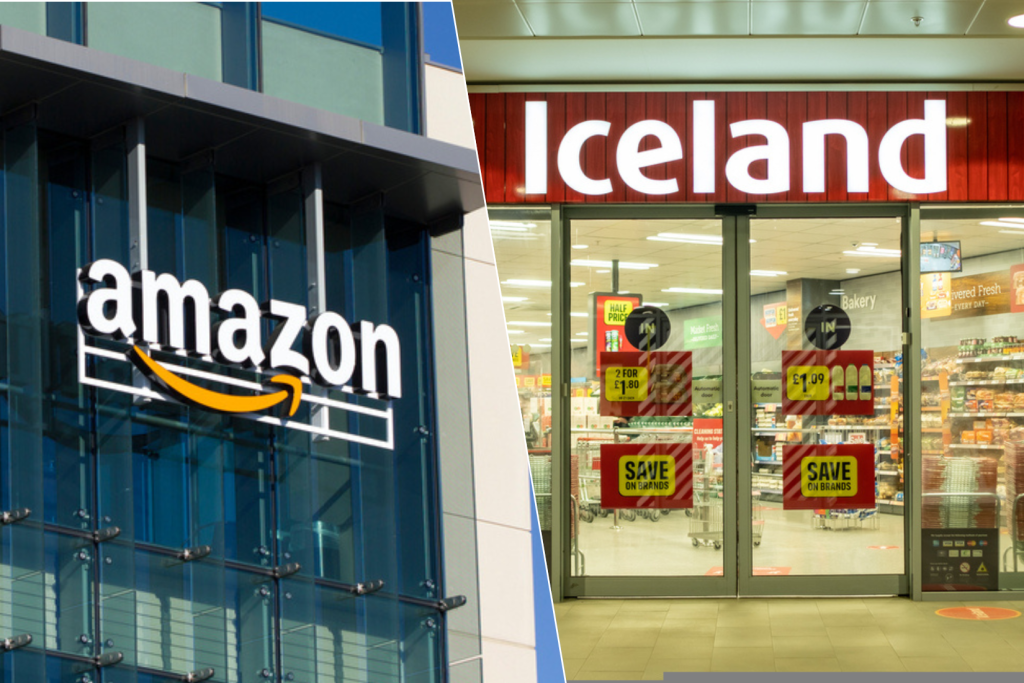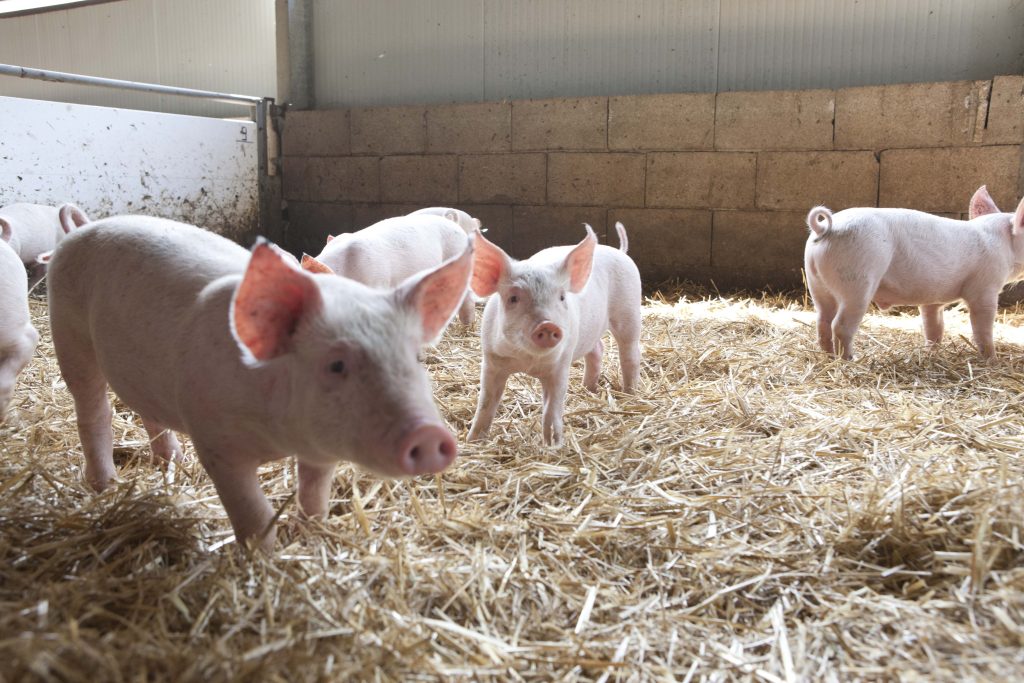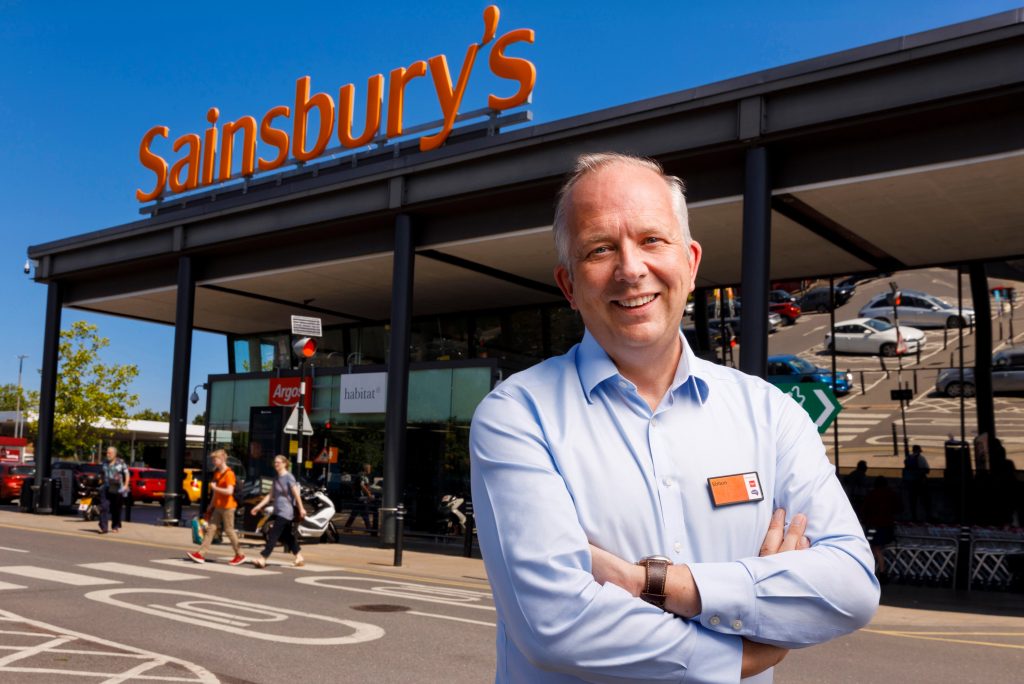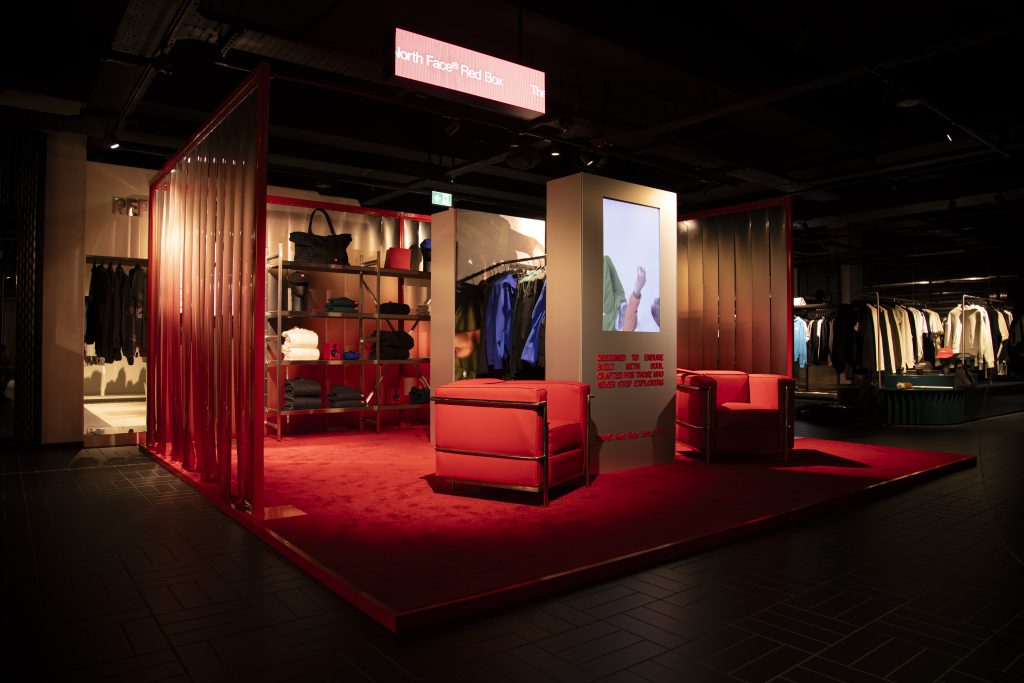From soaring energy prices, rocketing fuel costs, and the weekly food shop constantly edging up, UK shoppers are feeling the pinch.
Kantar revealed this week that the average grocery bill is set to rise by £380 this year on the back of the highest level of inflation in 13 years.
Many shoppers are being forced to change their shopping habits to make ends meet. Retail Gazette looks at the ways in which consumers have changed how they shop over the past few months.
Shopping own-brand products
With budgets being tighter than ever, more shoppers are turning to own-brand products.
According to environmental organisation Hubbub, one in four Brits are choosing more own-brand products.
Kantar found that sales of own-label items rose 2.9% over the last 12 weeks to 12 June, whilst branded products fell 1%.
Sales of these lines, which are often cheaper, were boosted by strong performances at Aldi and Lidl, both of whom have extensive own-label repertoires. The German discounters continue to be the fastest growing grocers, with sales up 9.5% at Lidl over the 12 week period while Aldi’s sales grew 7.9%, according to Kantar.
However, the value own-label lines of supermarkets such as Co-op Honest Value, Sainsbury’s Imperfectly Tasty, and Asda’s newly-launched Just Essentials range, surged 12%.

Tesco said its customers are trading down by buying own brand and ‘Exclusively at Tesco’ ranges.
Tesco chief executive Ken Murphy said staples such as pasta, bread and beans, which have seen the biggest price increases, have experienced the largest shift to own brand.
More frequent shops
Tesco also flagged last week that shoppers were making more frequent trips to its stores and the average basket size was coming down, which could indicate that customers are buying food as and when they need it in order to manage slimmed down budgets and reduce waste.
“What we are seeing are higher frequency shopping trips. So there’s an elevation in the number of shopping trips and we are seeing basket sizes coming down a little bit. We have seen our convenience business getting even stronger,” Murphy said.
As well as buying as they go, the rise of convenience has the added benefit of not requiring a car to drive to store. With fuel prices at a record high of nearly £2 a litre, this is a growing consideration for shoppers.
Loyalty programmes
Loyalty cards are becoming increasingly important to shoppers as they seek out deals to make their money go further. They are also key to the big supermarkets that crave shopper loyalty amid a march towards the discounters.
Nearly half of consumers (42%) are using loyalty schemes to combat the cost of living, according to market research by eWallet app Swapi.

Tesco introduced special prices for its Clubcard Prices back in 2019 and this has proven a compelling reason for consumers to shop at the UK’s largest supermarket as inflation soars.
Clubcard holders can access special discount prices on popular items both in-store and online. The Clubcard Plus scheme even offers two 10% discounts per month.
Retail analyst Bryan Roberts says the scheme is the best loyalty programme in the world right now and is attracting shoppers to store.
However, other retailers are pushing their loyalty schemes right now too. Asda is even in the process of rolling out a brand new loyalty programme Asda Rewards.
Setting strict budgets
With the price of goods going up across the board, shoppers have to manage their budgets down to the last penny to make sure they can afford all the essentials from food to fuel to heating bills.
This means having strict limits on what they spend each week in supermarkets. Asda chairman Rose said shoppers are setting themselves £30 limits at checkouts and petrol pumps to ensure they don’t overspend.
Rose told the BBC: “People are trading back. They are worried about spending. They’ve got a limit that they’ve set out, too. They say £30 is one limit … and if they get to more than £30 then that’s it, stop. It’s the same with petrol.”
Making more returns
Online fashion giants Asos and Boohoo both flagged rocketing returns rates this month, which has hindered performance at both retailers.
Asos chief financial officer Mat Dunn said that this is due to increased pressure on budgets. Shoppers are perhaps buying non-essential items, like clothing, and then regretting these purchases when they check out their bank balances.

The higher level of returns will have a big impact on retailers, both in terms of inventory and the cost of fulfilment. Most big retailers offer free returns so carrying out more of them will hit the bottom line.
Last month Zara started charging for returns, and Boohoo is understood to be mulling a similar move, according to Bloomberg.
If returns rates continue to rise, particuarly in fashion which already experiences high levels, others may be forced to follow suit.
Click here to sign up to Retail Gazette‘s free daily email newsletter


